Relaxation Techniques For Stress
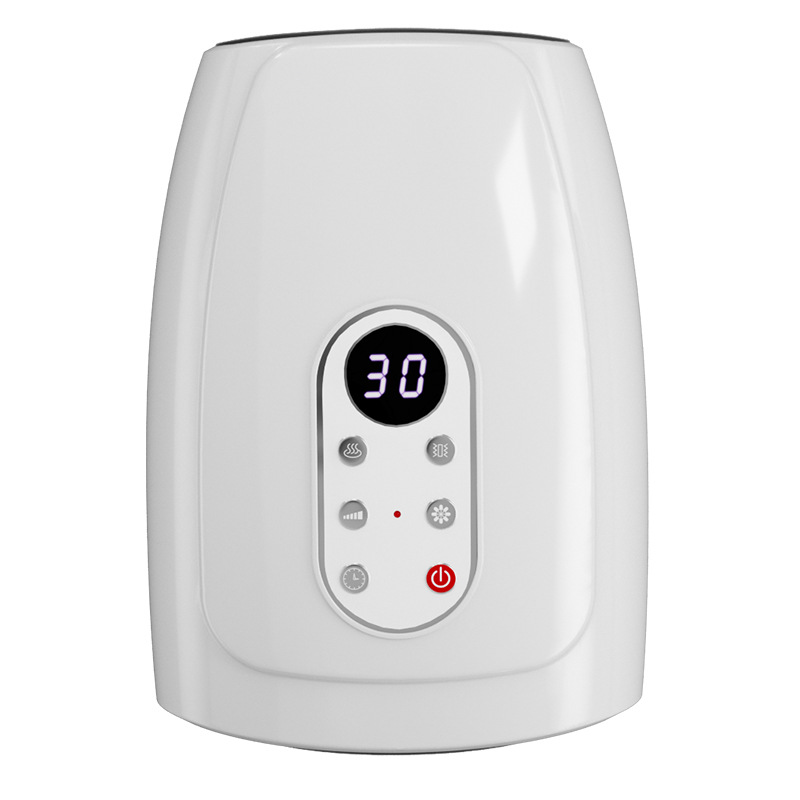
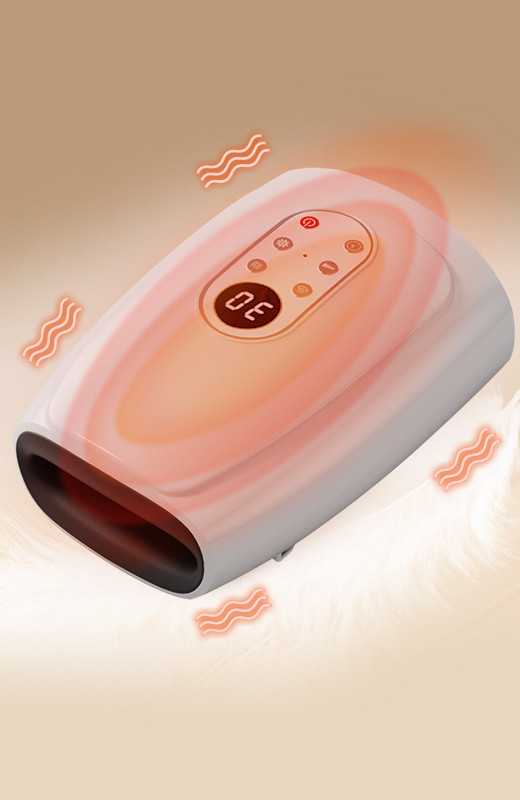
Massager Electric Massage Finger Wrist Joint Airbag Kneading Hot Compress Physiotherapy Health Care
Gift Tree
Approx $105.66 USD
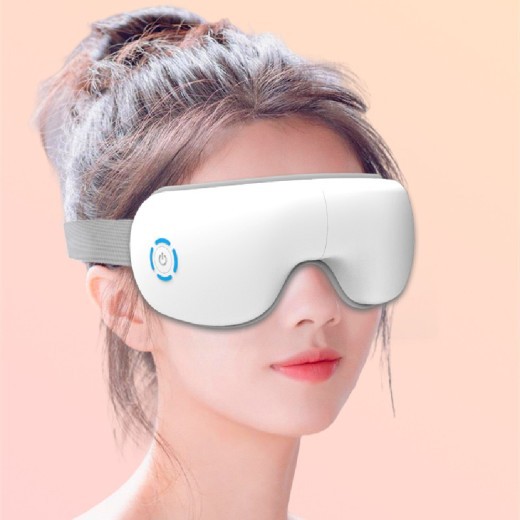
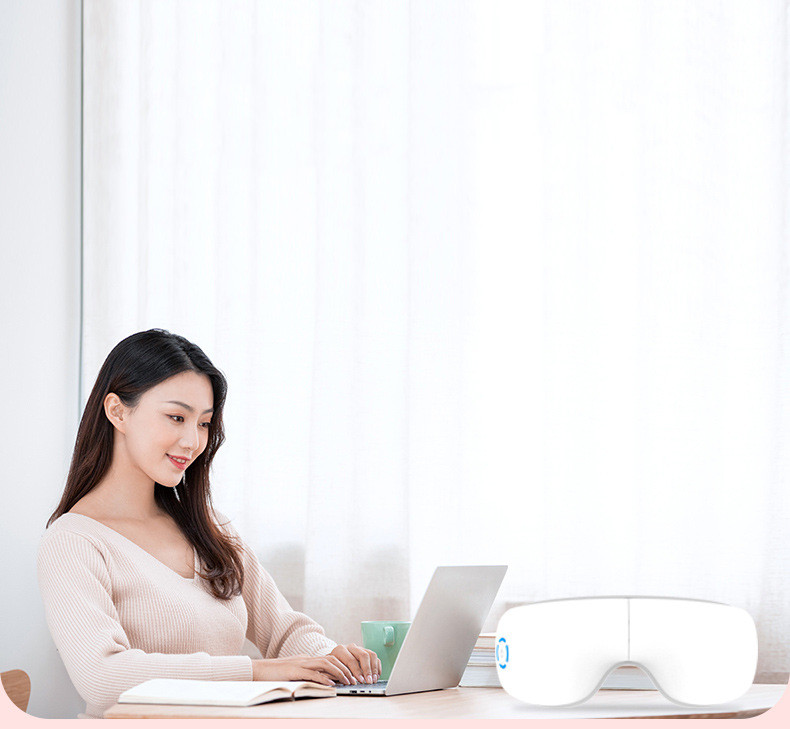
Vibration Instrument Music Charging Hot Compress Eye Massager Eye Massage
Gift Tree
Approx $100.80 USD
Stress is an unavoidable part of life, especially in today’s fast-paced world. Whether it’s work-related pressure, personal struggles, or general life challenges, stress can negatively impact both mental and physical well-being. In New Zealand, where the pace of life can be hectic and demands on time and energy are high, finding effective ways to relax and manage stress is crucial for maintaining overall health.
Luckily, there are many relaxation techniques available that can help alleviate stress and restore balance in our lives. From breathing exercises to mindfulness and yoga, the options for stress relief are diverse, and what works for one person may not be effective for another. This guide explores some of the most popular and effective relaxation techniques for stress relief, offering practical advice on how to integrate them into your daily life.
Understanding Stress and Its Impact on Your Body
Stress is a natural response to external pressures, and it can manifest in both emotional and physical ways. While stress can sometimes be helpful in motivating us to meet deadlines or handle difficult situations, prolonged or chronic stress can have serious health consequences. In fact, stress is linked to numerous physical and mental health conditions, including high blood pressure, heart disease, anxiety, depression, and insomnia.
When we’re stressed, our bodies release hormones such as cortisol, which prepares us to face a perceived threat. While this “fight or flight” response can be useful in certain situations, long-term activation of this response can lead to a range of health problems. This is why it’s important to regularly practice relaxation techniques that can counteract the effects of stress and promote a sense of calm and well-being.
The Importance of Relaxation Techniques
Relaxation techniques offer a way to reduce the physical and emotional effects of stress, restore balance, and promote overall health. Engaging in relaxation exercises allows you to activate your body’s natural relaxation response, which counters the stress response and promotes feelings of calm and tranquility. Regularly practicing relaxation techniques can lead to numerous benefits, including:
-
Reduced anxiety: Relaxation exercises can help calm your mind and reduce the feelings of anxiety that often accompany
stress.
-
Improved mood: Engaging in relaxation techniques has been shown to boost mood and improve emotional well-being.
-
Better sleep: Stress is a major contributor to sleep disturbances, and relaxation techniques can help improve sleep quality
by calming the mind and body.
-
Enhanced focus: Reducing stress and increasing relaxation can help improve concentration, productivity, and mental clarity.
-
Better overall health: Regular relaxation practice can reduce the physical symptoms of stress, such as headaches, muscle
tension, and digestive issues.
Effective Relaxation Techniques for Stress Relief
There are numerous relaxation techniques available to help relieve stress, and each one offers unique benefits. Below are some of the most effective methods that can be easily integrated into your daily routine to help you relax and reduce stress.
1. Deep Breathing Exercises
Breathing exercises are among the simplest and most effective relaxation techniques for stress relief. By focusing on slow, deep breaths, you can activate your body’s relaxation response and reduce the effects of stress.
-
How to do it:
- Find a quiet, comfortable space to sit or lie down.
- Close your eyes and focus on your breathing.
- Inhale deeply through your nose for a count of four, filling your lungs completely.
- Hold your breath for a count of four.
- Exhale slowly through your mouth for a count of six, releasing all the air.
- Repeat this cycle for several minutes, focusing on the sensation of your breath entering and leaving your body.
- Find a quiet, comfortable space to sit or lie down.
-
Benefits: Deep breathing helps lower cortisol levels, promotes relaxation, and encourages mental clarity. It’s an excellent
technique for reducing immediate stress and anxiety.
2. Progressive Muscle Relaxation (PMR)
Progressive muscle relaxation is a technique that involves tensing and relaxing different muscle groups in the body to reduce physical tension and stress. By focusing on each muscle group, you can increase awareness of how stress affects your body and release built-up tension.
-
How to do it:
- Find a comfortable position, either sitting or lying down.
-
Start with your feet and work your way up to your head, tensing each muscle group for five to ten seconds, then releasing the tension and
focusing on the relaxation.
- Begin with your toes, then move to your calves, thighs, abdomen, chest, arms, shoulders, neck, and face.
- As you release the tension, focus on the feelings of relaxation in each area of your body.
- Find a comfortable position, either sitting or lying down.
-
Benefits: PMR helps release muscle tension and promotes a sense of calm. It can be particularly effective for those who
carry physical tension in their bodies, such as in the neck, shoulders, or back.
3. Mindfulness Meditation
Mindfulness meditation is a powerful technique for reducing stress by training your mind to stay present in the moment and not get caught up in worries or negative thoughts. This practice involves focusing on your breath, body, or a specific object, and gently bringing your attention back to your chosen focal point whenever your mind wanders.
-
How to do it:
- Find a quiet space where you won’t be disturbed.
- Sit in a comfortable position with your back straight and your hands resting on your lap.
- Close your eyes and bring your attention to your breath, noticing the sensation of air entering and leaving your body.
- Whenever your mind begins to wander, gently bring your focus back to your breath, without judgment.
-
Start with short sessions of five to ten minutes and gradually increase the duration as you get more comfortable with the practice.
- Find a quiet space where you won’t be disturbed.
-
Benefits: Mindfulness meditation helps reduce stress, improve emotional regulation, and enhance overall well-being. It
promotes mental clarity, emotional resilience, and helps you manage stress in everyday situations.
4. Yoga
Yoga is a holistic practice that combines movement, breathwork, and mindfulness to promote relaxation and stress relief. Regular yoga practice can help improve flexibility, reduce physical tension, and promote mental clarity.
-
How to do it:
- Start with simple, beginner-friendly poses, such as Child’s Pose, Downward Dog, and Cat-Cow.
- Focus on connecting your breath with your movements, inhaling as you stretch and exhaling as you release.
- Hold each pose for a few breaths, paying attention to how your body feels.
- As you progress, incorporate more advanced poses and flows to challenge yourself and deepen the practice.
- Start with simple, beginner-friendly poses, such as Child’s Pose, Downward Dog, and Cat-Cow.
-
Benefits: Yoga reduces physical tension, promotes relaxation, and increases mindfulness. It is particularly helpful for
reducing stress-related muscle tightness and improving overall flexibility.
5. Visualization
Visualization, also known as guided imagery, is a relaxation technique that involves mentally imagining a peaceful scene or environment to promote relaxation and reduce stress. This technique can be particularly useful for relieving anxiety and calming the mind.
-
How to do it:
- Find a quiet, comfortable space where you can relax without distractions.
- Close your eyes and take a few deep breaths to calm your mind.
-
Visualize a calming scene, such as a beach, forest, or mountain landscape. Focus on the sights, sounds, and sensations of this environment.
- Allow yourself to immerse in the visualization, imagining every detail and feeling a sense of peace and calm.
- Find a quiet, comfortable space where you can relax without distractions.
-
Benefits: Visualization helps calm the mind, reduce anxiety, and promote emotional well-being. It is a great way to
mentally escape from the stresses of daily life and find inner peace.
6. Aromatherapy
Aromatherapy involves the use of essential oils to promote relaxation and reduce stress. Certain scents, such as lavender, chamomile, and sandalwood, have been shown to have calming effects on the mind and body. Aromatherapy can be used in combination with other relaxation techniques for added stress relief.
-
How to do it:
- Use a diffuser to spread essential oils throughout your home.
- Alternatively, apply diluted essential oils to your skin or add a few drops to your bath.
- Relax and inhale the soothing aromas, focusing on how they make you feel calm and relaxed.
- Use a diffuser to spread essential oils throughout your home.
-
Benefits: Aromatherapy has been shown to reduce anxiety, improve mood, and enhance relaxation. It is a simple and enjoyable
way to reduce stress and create a peaceful environment.
How to Incorporate Relaxation Techniques into Your Daily Life
In order to effectively manage stress, it’s important to incorporate relaxation techniques into your daily routine. Here are some tips to help you make these practices a consistent part of your life:
-
Set aside time for relaxation: Dedicate a specific time each day to practice relaxation techniques. Whether it’s in the
morning, during your lunch break, or before bed, setting aside time for self-care ensures that relaxation becomes a regular habit.
-
Start small: Begin with short sessions and gradually increase the time as you become more comfortable. Even a few minutes
of relaxation can have a positive impact on your stress levels.
-
Create a calming environment: Find a quiet space free from distractions. If possible, play calming music or use essential
oils to enhance the relaxation experience.
-
Be patient with yourself: Relaxation techniques take time and practice to master. Don’t be discouraged if you don’t feel
immediate results; with regular practice, you’ll start to see the benefits of relaxation.
Conclusion
In New Zealand, where the stresses of modern life can take a toll on mental and physical well-being, finding effective ways to manage stress is essential for maintaining a healthy lifestyle. Relaxation techniques, such as deep breathing, progressive muscle relaxation, mindfulness meditation, yoga, and aromatherapy, provide powerful tools for reducing stress and promoting overall well-being. By incorporating these techniques into your daily routine, you can find calm in the chaos and enjoy a more peaceful, balanced life.
Enter your content here

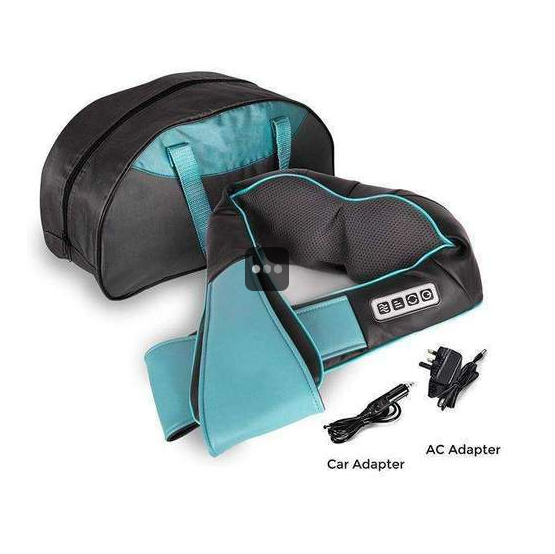
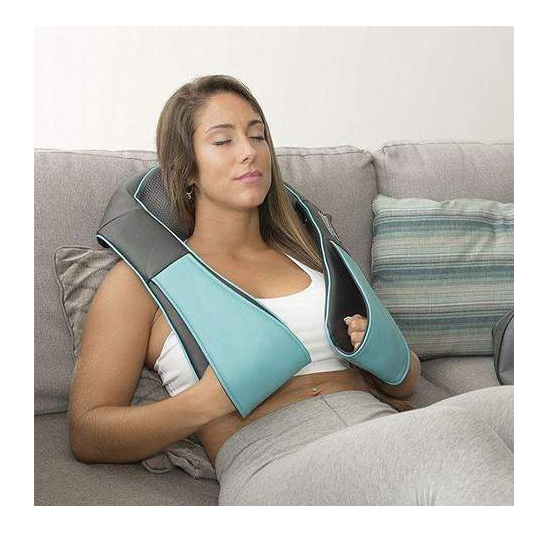


.jpg)









.jpg)





.jpeg)





.jpeg)



.jpeg)








.jpeg)



.jpeg)

.jpeg)

.jpeg)

.jpeg)




.jpeg)
.jpg)

.jpeg)






.jpeg)
.jpeg)




.jpeg)





.jpeg)


.jpeg)

.jpeg)

.jpeg)

.jpeg)







.jpeg)
.jpeg)
.jpeg)





.jpeg)



.jpeg)






.jpg)
.jpeg)









.jpg)


ulva-Logo.jpg)




.jpeg)



.png)















.png)























